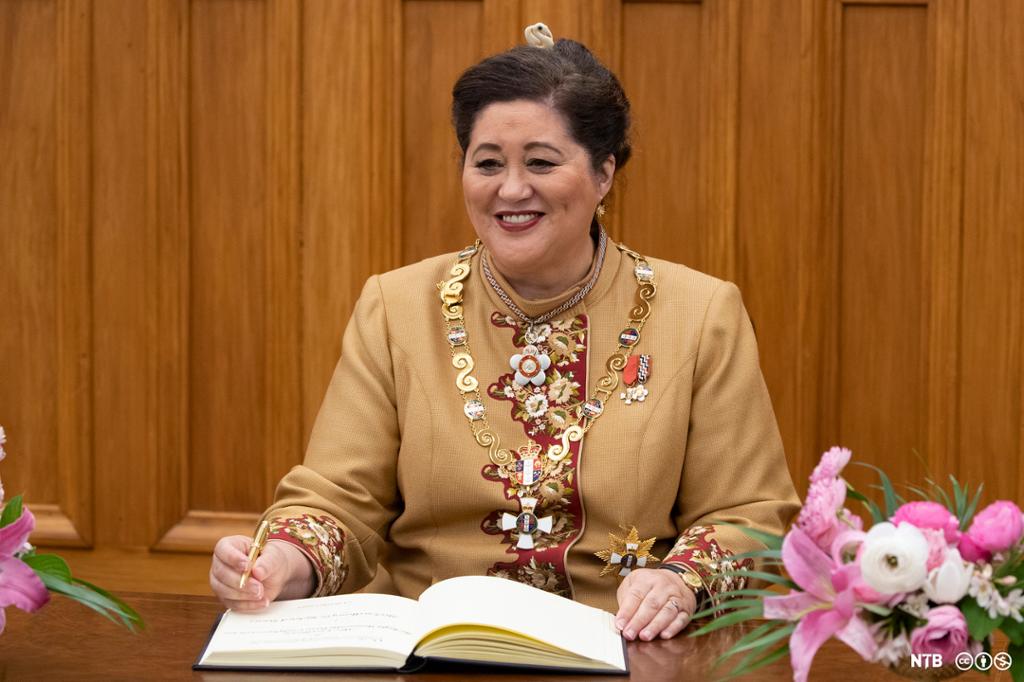The System of Government in New Zealand

Unlike the United States or Norway – but like the United Kingdom, New Zealand does not have a constitution written down in a single document. Instead, the New Zealand constitution can be found in formal legal documents, in decisions of the courts, and in practices and conventions.
In 1907, New Zealand went from being a British colony to adopting dominion status, which means they could rule themselves without interference from Britain. However, they chose to keep the British monarch as head of state, something that continued even after New Zealand officially became independent from Britain in 1986. As in the UK, the monarch's powers are limited and largely symbolic.
Since the monarch lives in the United Kingdom, most of the royal constitutional and ceremonial duties related to New Zealand are carried out by his or her representative, the governor-general of New Zealand. The governor-general is appointed by the monarch on the advice of New Zealand's prime minister.

The executive branch governs the country. The government is made up of ministers of the Crown supported by government agencies. The government is accountable to Parliament and needs the support of Parliament to rule. In New Zealand, senior ministers make up the cabinet, but there are also ministers outside the cabinet. The executive branch runs the country and makes day-to-day decisions on how the country's money should be spent. It proposes laws to Parliament, and decides policies, which are put into practice by government departments. The largest party in Parliament forms the government. The leader of the party becomes prime minister.
The judiciary branch is made up of judges and the courts. Judges interpret the law in cases that come before the courts by hearing and deciding cases. The Supreme Court is the highest court of appeal in the country. The Supreme Court has judicial review in the sense that it can review actions and decisions made by the government bodies. Unlike the US Supreme Court, the New Zealand Supreme Court cannot declare laws unconstitutional – when it comes to making laws, the legislative branch has supreme authority.
The New Zealand Parliament is unicameral, meaning that it consists of just one house. The role of the legislative branch is:
to make new laws and update old ones by carefully looking at and discussing bills. These bills become laws when they’re passed.
to represent New Zealanders by giving a voice to different ideas from people and organisations.
to examine and approve the government’s taxes and spending.
to hold the government to account, and check their actions.
A bill passed in Parliament does not become law until it has been signed by the monarch, or the monarch's representative; the governor general.
Study the illustration of the system of government in New Zealand:
Work with a partner.
Talk about what the chart tells you about the system of government in New Zealand.
Is the chart clear? Can it be made clearer?
Take this true/false quiz to check what you remember from the text.
Related content
Tasks related to the system of government and politics in New Zealand.